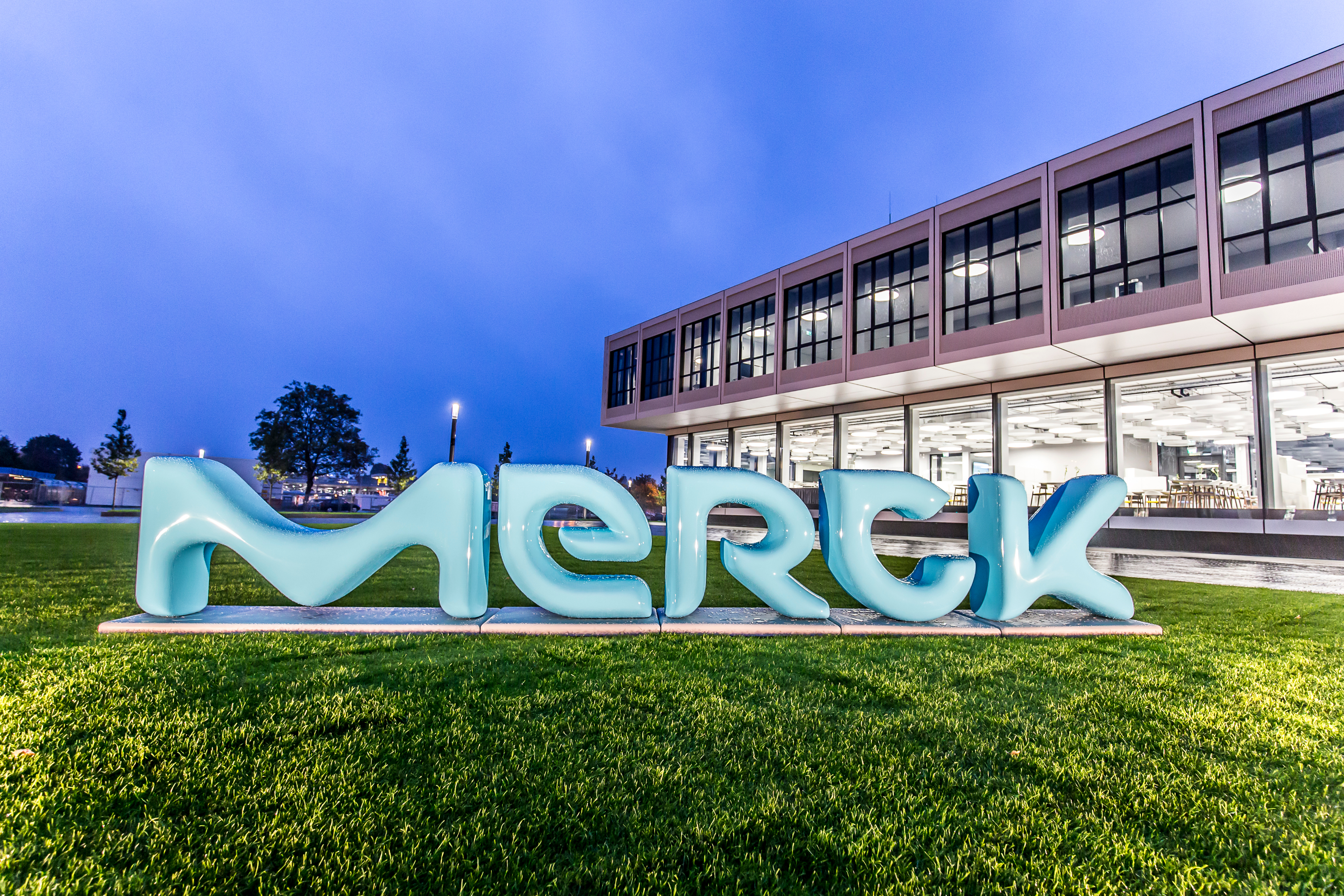GSK’s big-ticket cancer alliance with Merck KGaA stumbles again

Merck KGaA’s bispecific cancer candidate bintrafusp alfa has failed a second clinical trial in the space of a few weeks, making GlaxoSmithKline’s $4.2 billion licensing deal for the drug look increasingly like a mistake.
In the latest setback, bintrafusp alfa (M7824) missed its objectives when used as a second-line treatment for biliary tract cancer (BTC), dashing Merck and GSK’s hopes of a swift regulatory filing in the rare disease, although the partners said there was a glimmer of activity with the drug.
The disappointing result comes after German Merck revealed in January that bintrafusp alfa also flunked a phase 3 trial in non-small cell lung cancer (NSCLC) that pitted the drug against Merck & Co/MSD’s blockbuster PD-1 inhibitor Keytruda (pembrolizumab).
GSK snapped up rights to bintrafusp alfa in 2019, paying around $360 million upfront for a global stake in the drug – a bifunctional fusion protein that targets PD-1 and TGF-beta.
The hypothesis that hitting both targets could boost the number of patients responding to PD-1 immunotherapy and the depth of that response is now looking shaky. As it stands, around a third of people treated with PD-1 drugs on their own don’t see a benefit.
Nevertheless, Merck thinks there is still a chance bintrafusp alfa will be able to show a benefit in a phase 2/3 trial in BTC, called INTR@PID BTC 055, which is testing the drug alongside chemotherapy.
Milind Javle, an investigator in the phase 2 study, said that prior studies with checkpoint inhibitors in BTC have shown that they achieve an overall response rate of 5.8%, while bintrafusp alfa managed just over 10%.
“Given the high unmet treatment need in BTC…we are encouraged by the single agent clinical activity of bintrafusp alfa in this study as a second-line treatment,” he added, saying it is “one of the most important clinical investigations conducted for chemo-refractory biliary cancers.”
There’s no disguising that the readout is a big disappointment however, particularly for GSK’s aspirations to build an oncology franchise under R&D chief Hal Barron.
The alliance was the second biggest deal signed by GSK in cancer after its $5.1 billion acquisition of Tesaro to claim ownership of PARP inhibitor Zejula (niraparib) for ovarian cancer and a pipeline of other cancer drugs, including PD-1 inhibitor dostarlimab.
The NSCLC indication was the biggest hope for the alliance, accounting for almost $600 million of the $3.5 billion in backend milestones in the licensing deal, but BTC was viewed as a clinically important yardstick for the project which spans several solid tumour types.











